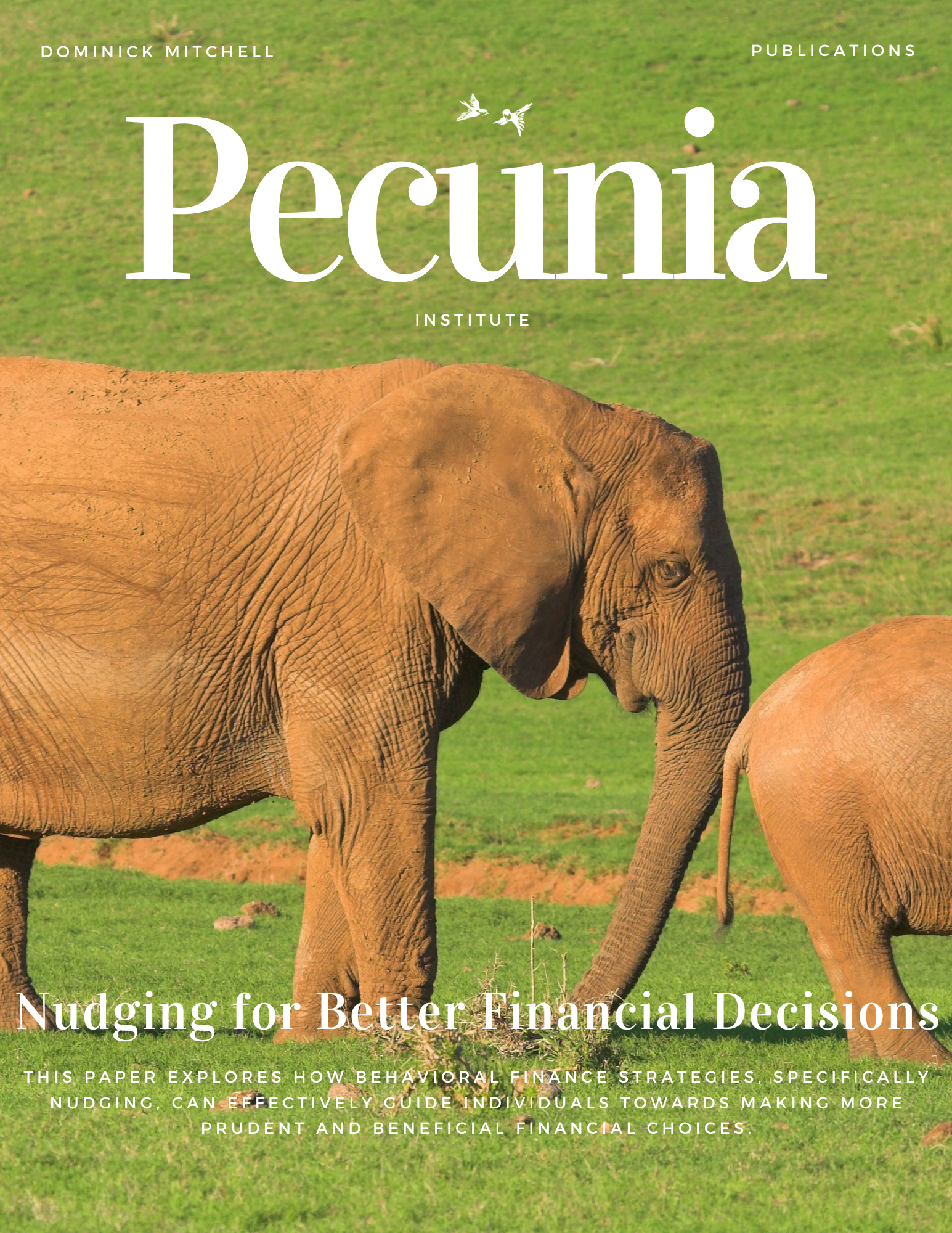In today’s fast-paced world, making sound financial decisions can be a daunting task. With so many options available and numerous external factors influencing our choices, it’s easy to feel overwhelmed. This is where the field of behavioral economics comes in, offering valuable insights into how individuals can make better financial decisions.
At Pecunia Institute, we understand the importance of applying behavioral economics principles to help people navigate the complex world of finance. By leveraging strategies such as nudges, we can gently steer individuals towards making choices that align with their long-term goals and values.
One of the key concepts in behavioral economics is the idea of “choice architecture.” This entails designing the environment in which decisions are made in a way that encourages positive outcomes. Nudges are subtle cues or interventions that can guide individuals towards making better choices without restricting their freedom.
Research has shown that nudges can have a significant impact on financial decision-making. For example, a study conducted by Thaler and Sunstein found that implementing a simple default option for retirement savings significantly increased participation rates. This highlights the power of nudges in steering individuals towards beneficial outcomes.
In Canada, where financial literacy rates are lower than desired, incorporating nudges into financial decision-making processes can have a transformative effect. By making small adjustments to the way information is presented or choices are structured, individuals can be nudged towards making decisions that align with their best interests.
At Pecunia Institute, our research focus area is on understanding how behavioral economics can be applied to improve financial decision-making in Canada. By studying the impact of nudges on various demographic groups and financial behaviors, we aim to provide valuable insights that can inform policy decisions and empower individuals to make better choices.
In line with Sustainable Development Goals 8 and 12, which focus on promoting sustainable economic growth and responsible consumption and production, incorporating behavioral economics strategies like nudges can contribute to creating a more financially literate and resilient society.
As we continue our work in the field of behavioral economics, we invite you to partner with Pecunia Institute in our mission to empower individuals to make better financial decisions. Your support, whether through donating to our programs or sponsoring a research paper, can make a tangible difference in advancing our understanding of how behavioral economics can shape a more prosperous future for all.







